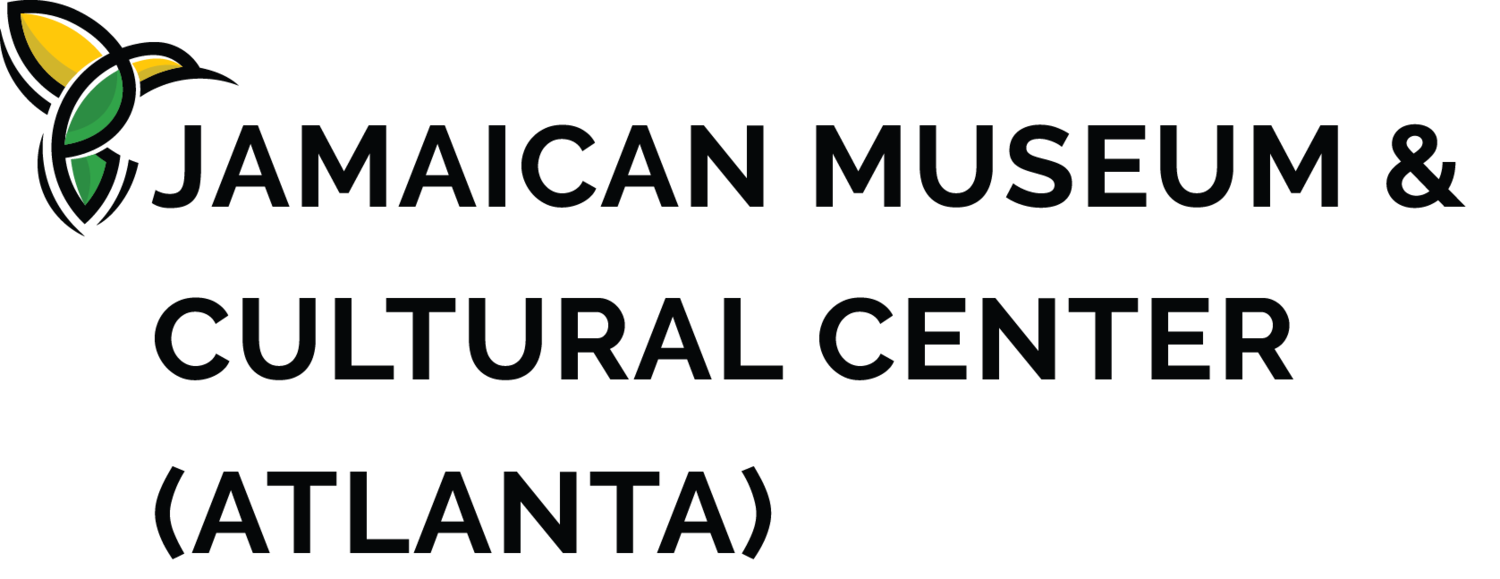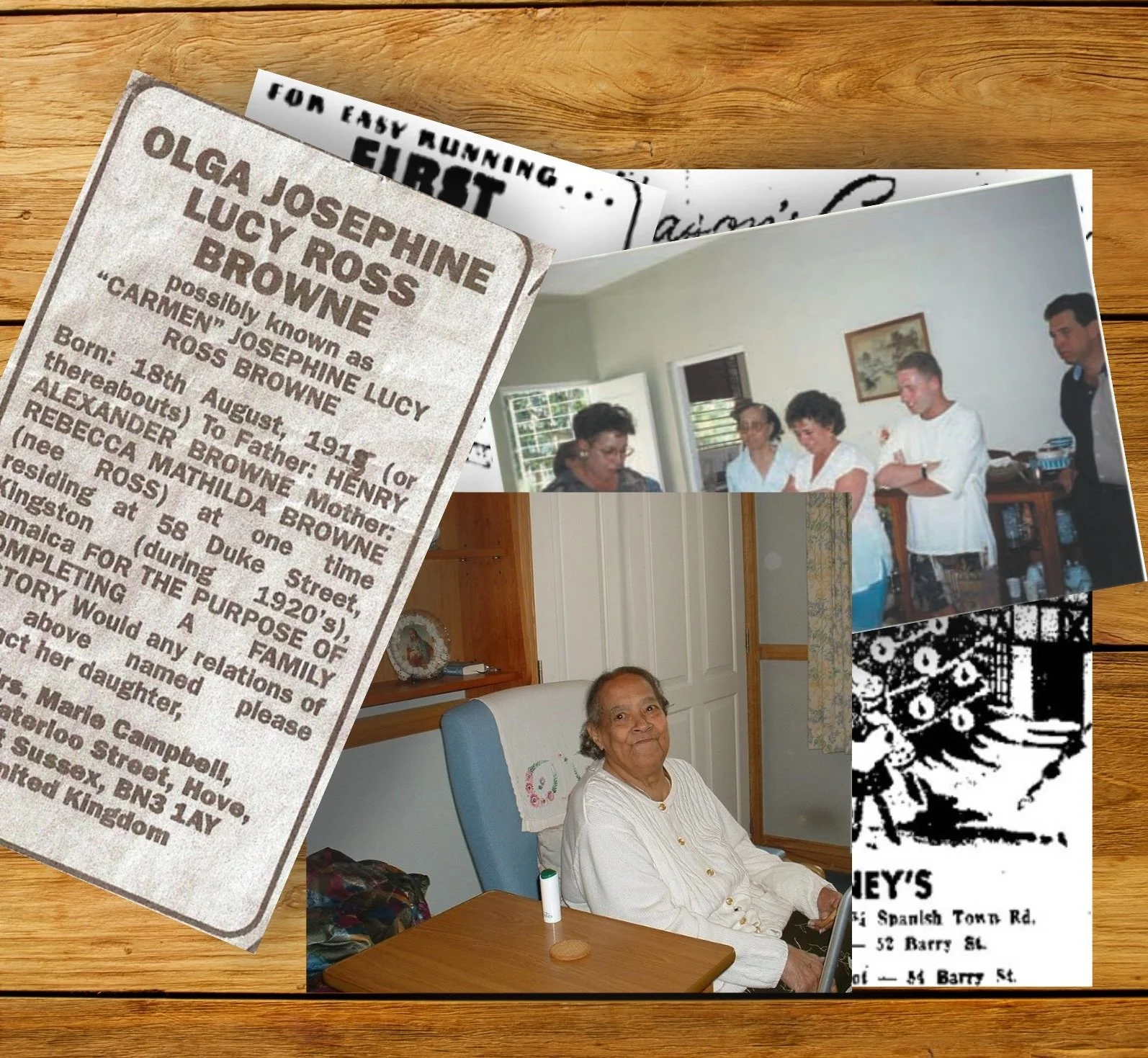Jamaica’s National Heroes
Jamaica is a country with a rich history of struggle and resistance against oppression, and its National Heroes are emblematic of the courage, resilience, and perseverance that have characterized the Jamaican people throughout their history. These heroes represent the diverse range of people who have contributed to Jamaica's development and independence, from the indigenous Taínos to the enslaved Africans and their descendants who fought for their freedom, to the political leaders who helped guide Jamaica to its present-day status as a sovereign nation.
There are seven National Heroes of Jamaica, each of whom has left an indelible mark on the country's history and culture. They are honored annually on National Heroes Day, which is celebrated on the third Monday in October. In this article, we will take a closer look at each of these heroes and their contributions to Jamaica.
Marcus Garvey
Born in 1887 in St. Ann's Bay, Marcus Garvey is widely regarded as one of Jamaica's most influential and visionary leaders. He was a staunch advocate for Black self-determination and empowerment, and his message of racial pride and unity resonated with Black people all over the world. Garvey founded the Universal Negro Improvement Association (UNIA) in 1914, which grew into a global movement that aimed to uplift and unite Black people through economic, political, and cultural means. He also started a number of businesses, including the Black Star Line, a shipping company that was intended to promote trade and commerce among Black people.
Garvey's impact was felt not just in Jamaica, but across the Caribbean, the United States, and beyond. Garvey's ideas and activism inspired many future leaders of the civil rights movement, including Martin Luther King Jr., Malcolm X, and Nelson Mandela. He inspired a generation of Black leaders and activists, and his ideas influenced the development of the civil rights movement in the United States. Despite facing persecution from the US government and the Jamaican authorities, Garvey remained committed to his vision of Black unity and empowerment. He died in London in 1940, but his legacy continues to inspire people around the world to this day. Garvey's message of Black pride, self-reliance, and unity remains as relevant as ever, and his contributions to the fight for justice and equality for people of African descent will never be forgotten.
Paul Bogle
Paul Bogle was a Baptist deacon and activist who led a revolt in Jamaica in 1865 known as the Morant Bay Rebellion. He was born into slavery in 1820 and became a leader in his community following emancipation. Bogle fought for the rights of poor Black Jamaicans who were suffering under the oppressive colonial system. He was particularly concerned with issues of land tenure and unequal taxation, which left many farmers unable to support their families. In October 1865, Bogle led a group of protesters to the Morant Bay courthouse to demand better treatment from the authorities. When the group was fired upon by British troops, Bogle and his followers retaliated, setting fire to the courthouse and other buildings. The rebellion was quickly put down by British forces, and Bogle was captured and executed for his role in the uprising. However, his actions inspired other activists and helped to bring attention to the plight of Black Jamaicans under colonial rule.
His legacy lives on in the struggles of those who fight for social justice and equality in Jamaica and around the world. Bogle's role in the Morant Bay Rebellion is a powerful reminder of the impact that one person can have in the face of injustice, and his commitment to the cause of freedom continues to inspire generations of activists and leaders as he is widely celebrated as a symbol of resistance and struggle against colonialism and racism.
Nanny of the Maroons
Nanny of the Maroons is a legendary figure in Jamaican history and the only woman member of the Order of National Heroes. She was a warrior queen and leader of the Windward Maroons, a group of formerly enslaved people who fled to the Blue Mountains of Jamaica in the 18th century. Nanny is known for her incredible military tactics, which helped the Maroons to successfully resist British colonization for many years. She is also credited with preserving Maroon spiritual practices.
According to legend, Nanny was born in Ghana and brought to Jamaica as a slave. She was known for her intelligence, strength, and determination, which made her a natural leader among her people. Nanny played a critical role in organizing and leading the Maroons in their guerrilla warfare against the British, and her tactics were so successful that she became a feared and respected figure throughout the island. Nanny's legacy continues to inspire Jamaicans today, and she is celebrated as a symbol ofresistance, strength, and perseverance.
Discover more about Nanny of the Maroons.
George William Gordon
Born into slavery in 1820, he rose to become a wealthy businessman and prominent member of the local government. Gordon was a vocal advocate for the Black community and used his platform to push for land reform and the abolition of slavery. He also helped establish the Native Baptist Church, which provided education and support to Black Jamaicans. Gordon's activism and outspokenness eventually led to his arrest and execution in 1865, following the Morant Bay Rebellion. Despite his untimely death, Gordon's legacy has endured, and he is widely regarded as a hero who fought for the freedom and equality of all Jamaicans.
Gordon was a member of the Jamaica House of Assembly and was elected to the Legislative Council in 1865. He used his position to push for the rights of the Black majority, including the right to vote and to own land. He also advocated for better working conditions for laborers and for fair wages. This activism made him a target of the colonial authorities. In 1865, he was falsely accused of inciting a rebellion and was arrested and tried in a sham trial. Despite protests from Jamaicans and international observers, Gordon was executed on October 23, 1865, sparking widespread outrage. He became a symbol of the struggle for Black rights and independence in Jamaica and was posthumously declared a National Hero in 1969.
Samuel Sharpe
Samuel Sharpe, also known as Sam Sharpe, was formerly enslaved and became a leader in the movement for the abolition of slavery. Sharpe was born into slavery in Jamaica in 1801. Despite being enslaved, he was literate and well-read, and in 1831, he organized a peaceful protest to demand better treatment for slaves. However, when his demands were ignored, he organized a rebellion that spread across Jamaica. The rebellion, which is now known as the Christmas Rebellion, was eventually crushed by the British, and Sharpe was captured and executed in May 1832. His rebellion played a key role in the eventual abolition of slavery in Jamaica in 1838.
Samuel Sharpe’s legacy is still felt in Jamaica today, where he is commemorated with a statue in Montego Bay and a square named in his honor in Kingston. Sharpe's rebellion is also celebrated in Jamaica with a national holiday, Emancipation Day, which marks the end of slavery in the British Empire. Sharpe's bravery and commitment to the cause of abolition continue to inspire Jamaicans today and serve as a reminder of the ongoing struggle for racial justice and equality.
Norman Washington Manley
Norman Washington Manley was a Jamaican statesman who played a pivotal role in Jamaica's struggle for independence. Born in 1893 in Manchester, Jamaica, Manley was the son of a well-known lawyer and politician, Thomas Albert Manley. He received his education at Jamaica College and then went on to study law at the University of Oxford in England. After returning to Jamaica in the 1920s, Manley established a successful law practice and pursued politics. He founded the People's National Party in 1938, which advocated for greater social justice and economic equality for all Jamaicans.
Manley's commitment to Jamaica's independence was unwavering, and he played a leading role in the negotiations with the British government that led to Jamaica gaining independence in 1962. He served as Jamaica's chief minister from 1955 to 1959 and as its premier from 1959 to 1962. During his tenure, he introduced several key reforms, including the establishment of a minimum wage and the creation of a national insurance program. Manley was a champion of human rights, and he worked tirelessly to eliminate social and economic inequalities in Jamaica. He remains one of Jamaica's most beloved national heroes, and his legacy lives on from his role in establishing the University of the West Indies and the Jamaican Stock Exchange.
Sir Alexander Bustamante
Sir Alexander Bustamante was born in 1884 in Jamaica and was a trade union leader, politician, and businessman. He was a champion of the rights of Jamaica's working class and founded the Bustamante Industrial Trade Union (BITU) in 1938. The BITU became one of Jamaica's largest trade unions and played a significant role in the country's labor movement.
Sir Alexander Bustamante, born William Alexander Clarke, was a Jamaican politician and labor leader who played a key role in Jamaica's struggle for independence. He was born in 1884 in Hanover Parish, Jamaica, and spent much of his early life working in Jamaica and the United States. In 1938, he founded the Jamaica Labour Party and the Bustamante Industrial Trade Union (BITU). The BITU became one of Jamaica's largest trade unions and played a significant role in the country's labor movement. He led strikes and protests against colonial rule, demanding better working conditions and greater political representation for Jamaicans. His efforts paved the way for Jamaica's eventual independence from Britain in 1962.
Bustamante became Jamaica's first prime minister after independence and was a popular leader known for his fiery speeches and commitment to social justice. He established policies to improve education and healthcare, and oversaw the expansion of the country's infrastructure. He was also an advocate for regional cooperation and played a key role in the formation of the Caribbean Free Trade Association. Bustamante was a successful businessman, owning several businesses in Jamaica, including a newspaper, a bakery, and a pharmacy. He was also a philanthropist and established the Bustamante Children's Hospital in Kingston. Bustamante was knighted by Queen Elizabeth II in 1955 and remains a beloved figure in Jamaica's history.
The wall of Higholborn St. Basic School in Parade Gardens depicting Jamaica's national heroes. Tyrone Simms Photography
The National Heroes of Jamaica are an important part of the country's history and identity. Their contributions to Jamaica's social, political, and cultural development are recognized and celebrated each year on National Heroes Day. Their legacies continue to inspire Jamaicans to work towards a brighter future for themselves and their country.












